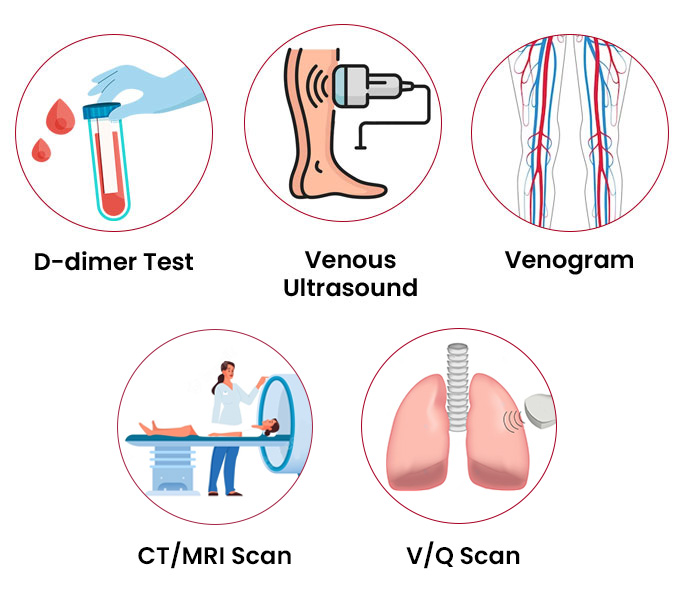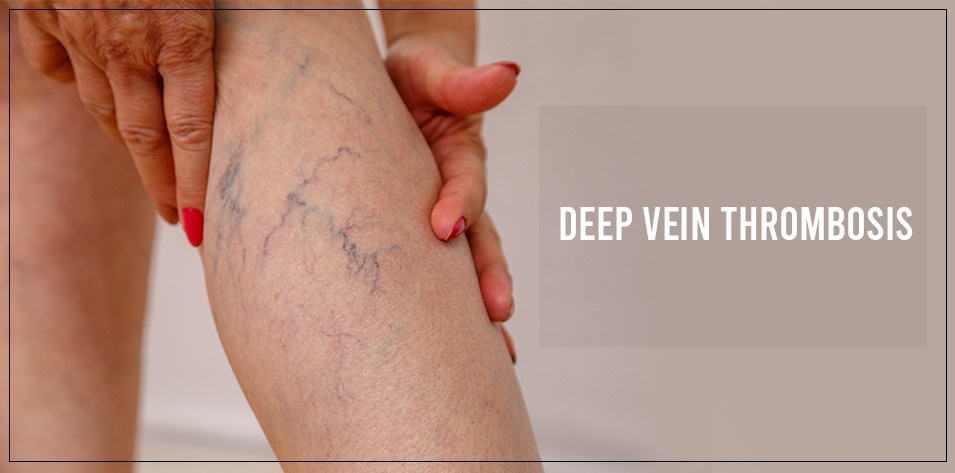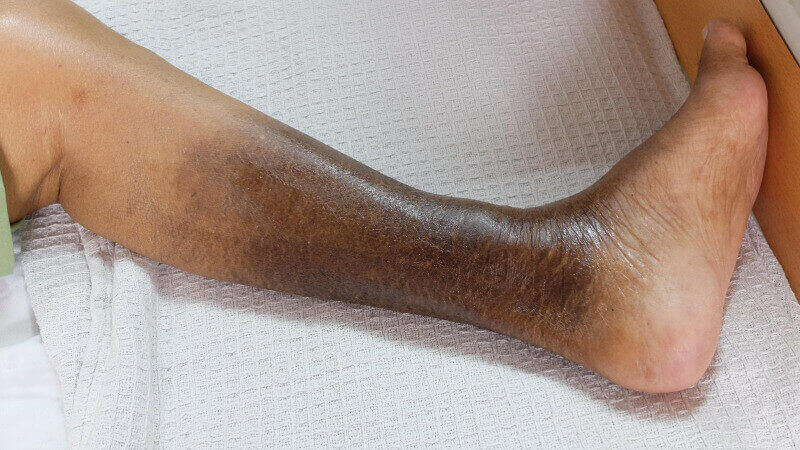Yes, there is a genetic component to the development of varicose veins, and they can be hereditary. If your close family members, such as parents or siblings, have a history of varicose veins, you may have an increased risk of developing them as well. The genetic influence is related to the tendency for weakened vein walls and valves, which can be inherited.
Explanation: Varicose veins can have a genetic component.
If close family members (parents, siblings) have a history of varicose veins, there may be an increased risk for individuals.
The genetic influence is related to the tendency for weakened vein walls and valves, which can be inherited.
Other Contributing Factors: While heredity is a factor, other elements like age, gender, pregnancy, obesity, and prolonged periods of standing or sitting can also contribute to the development of varicose veins.
Preventive Measures: If there’s a family history, it’s advisable to adopt lifestyle measures promoting good vascular health.
These measures include maintaining a healthy weight, engaging in regular exercise, and avoiding prolonged periods of inactivity.
Seeking Professional Advice: If concerned about varicose veins or experiencing symptoms, it’s recommended to consult with a healthcare professional or vascular specialist.
Professional evaluation can provide personalized guidance on management and treatment options.
Choose the expertise of Dr. Kunal Arora, Interventional Radiologist in Mumbai. Access cutting-edge treatments for a healthier tomorrow. Contact us to schedule your consultation.



